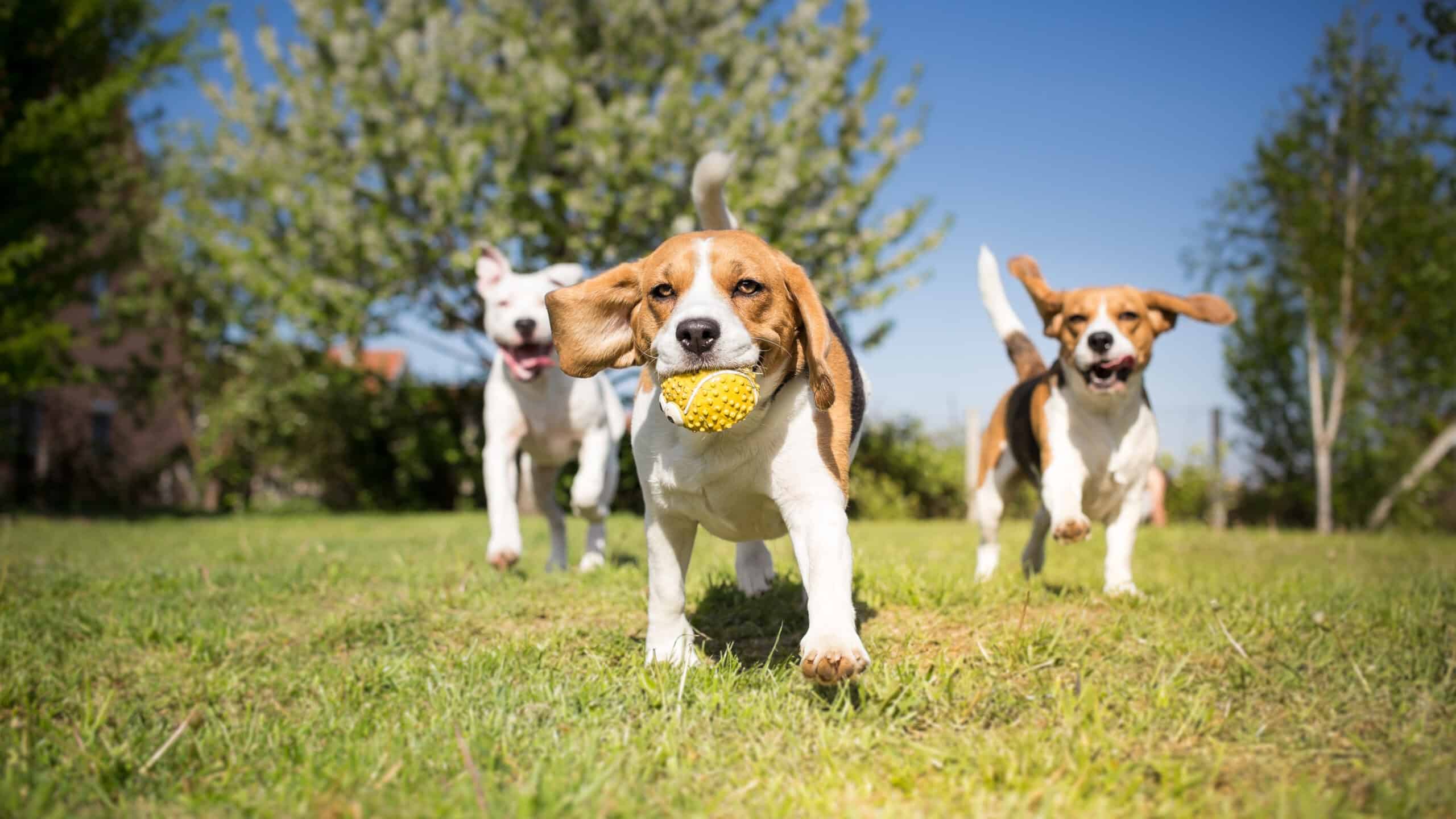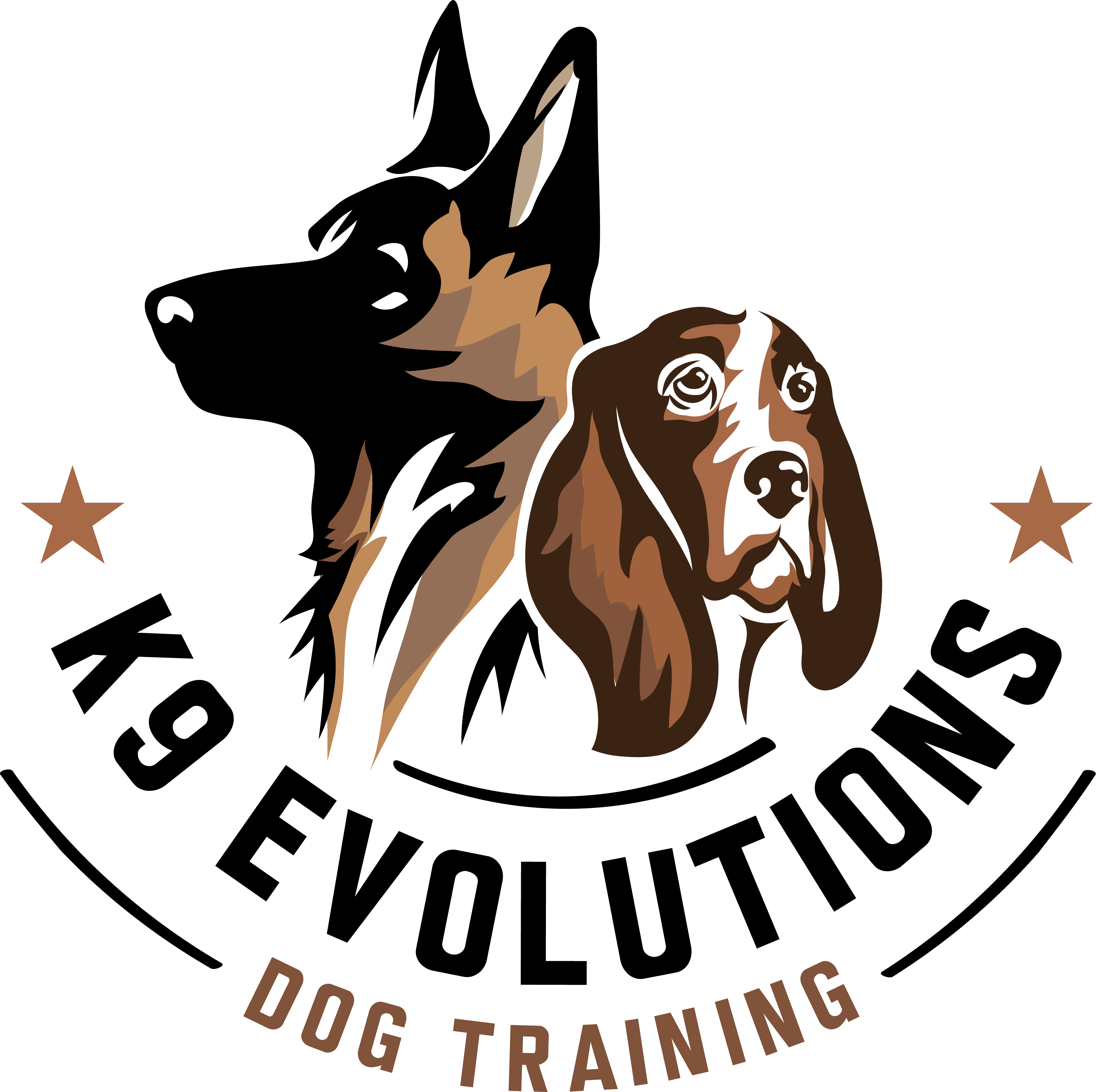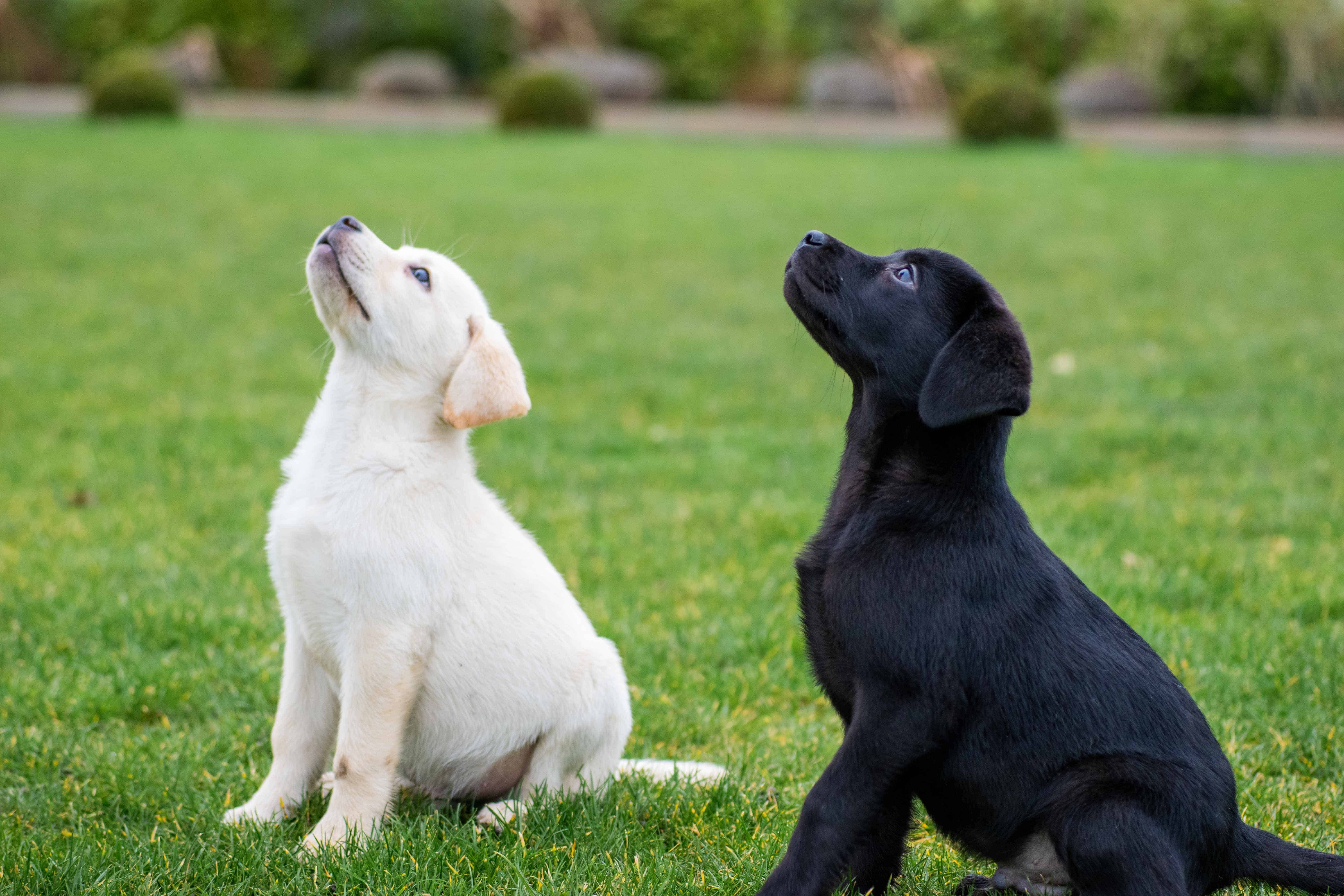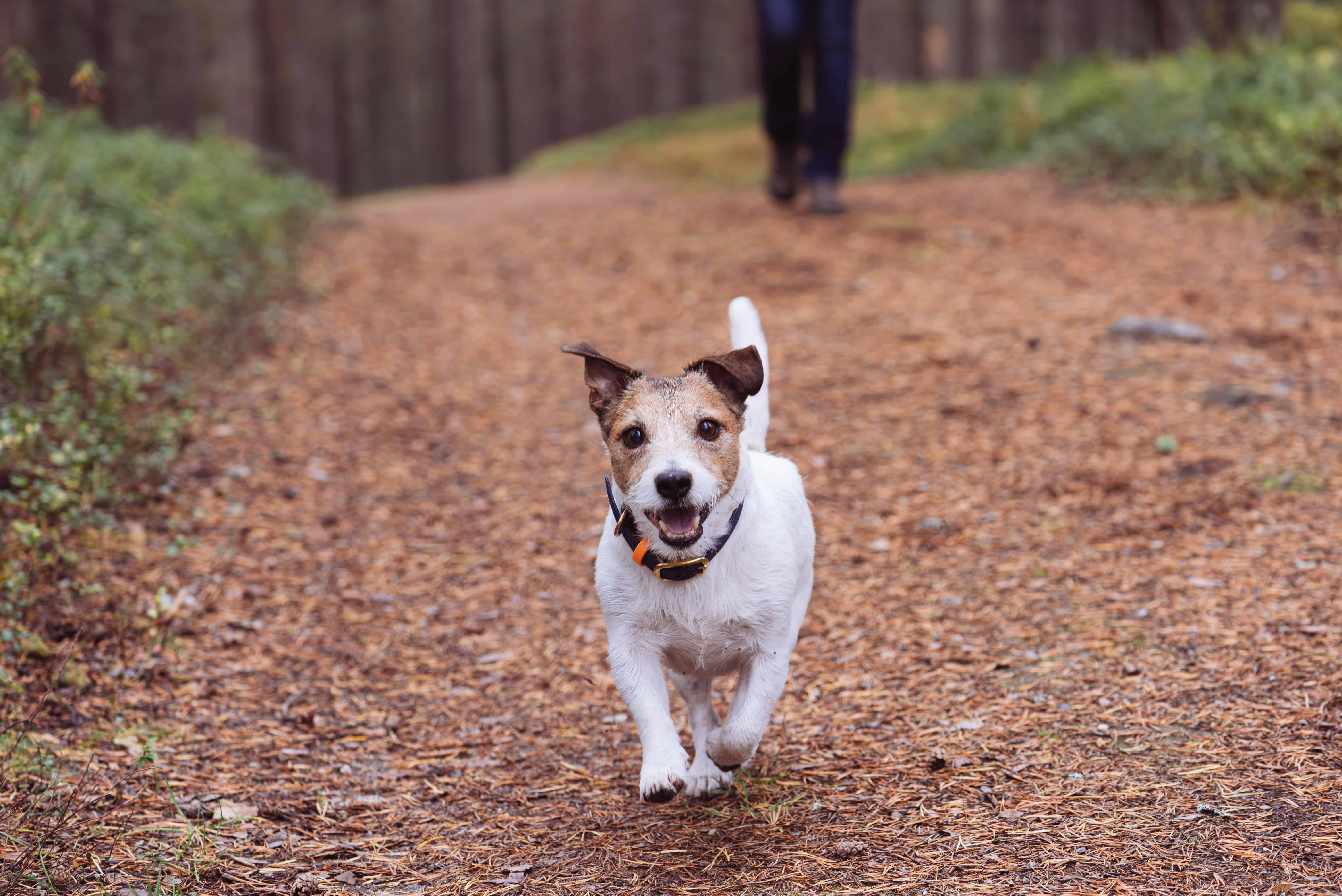You’ll often hear dog trainers talk about the importance of socialization when it comes to building a well-rounded dog. There’s little doubt that exposing your dog to new experiences and novel stimuli is a great way to generalize their behavior in a variety of settings.
So the dog park should be a slam-dunk, right? Isn’t this a great way to provide your dog with those new experiences to put their good behavior into practice?
Well, if only it was so straightforward. While socialization is important, perhaps more critical is separating effective socialization from ineffective socialization. Effective socialization should take place in a controlled setting, ideally providing your dog with the best possible chance of having a positive experience. Ineffective socialization occurs when you have little to no control of the situation, and can often result in an outcome that negatively impacts your dog’s behavior.
As I am frequently asked by dog owners about situations that occurred within a dog park – as well as if dog parks are even worthwhile at all – I wanted to take a moment to cover my own thoughts on whether you should take your dog to a dog park.
Potential benefits
In isolation, dog parks are not a bad idea. They are aimed to provide dog owners with a confined space inside public areas where their dogs can be free, expend some energy, and interact with fellow dogs. Physical exercise and mental stimulation are evidently two components that have a significant impact on a dog’s behavior, and a lack of either can lead to destructive behavior. So on the face of it, allowing a dog to run around and offering them the opportunity to meet other dogs should be something that should be encouraged; however, the problems arise when the negative consequences of taking your dog to a dog park actually outweigh any physical or cognitive benefits.
Actual downsides
Unfortunately, there are many documented instances of dog parks having a detrimental impact on our dogs. This is why I typically advise dog owners to stay away from taking their dog to a dog park, and instead find other ways to socialize and exercise their dogs. This might seem like a drastic step, but allow me to outline the reasons why I’m not keen on dog owners allowing their dogs inside a dog park.
Behavior of other dogs
This is, above everything else, the main reason why I would advise against taking your dog to a dog park. We may know how our own dogs behave, but we can’t account for how other dogs will interact with our dogs. Some dogs may have behavioral issues such as aggression or reactivity that can be problematic when they have to interact with a number of new dogs. You don’t want your dog in the firing line if this is the case – not just because it can be physically dangerous, but it can also lead to fear and loss of confidence in your dog. If a dog fight breaks out between your dog and another, it’s a lose lose situation. All it takes is one bad dog fight for a myriad of behavioral issues to arise. If your dog is on the losing end of a dog fight, your dog may deem every other dog out in the world as a threat, which can lead to all sorts of problems – such as arbitrarily going after benign dogs, or being severely fearful of all dogs to the point where it may require the help of a trainer. If your dog wins the squabble, your dog may think every dog wants to fight at the drop of a hat over just minor miscommunication, and having won a fight with a new false sense of confidence, they may feel compelled to pull the trigger first on a fight that wouldn’t have otherwise erupted.
Dog owners who misdiagnose their own dog’s behavior
While the majority of dog owners are well-intentioned, the fact is that very few of them are qualified behaviorists or professional dog trainers. They don’t know the difference between aggression and play. Therefore, when their dog is exhibiting aggressive traits, they tend to laugh it off by saying, “oh, he’s just playing”. There are also dog owners who spend more time on their phones than observing their dog’s behavior at the dog park, which means they may miss crucial warning signs of unruly behavior getting out of hand.
Size differential
While many dog parks do separate smaller dogs from larger dogs, this relies on dog owners placing their pup in the correct area. Medium-sized dog owners sometimes put their dog in the pen with smaller dogs to avoid the larger breeds, but this size mismatch can increase the risk of injury if play gets too unruly. There’s also no limit on the number of dogs that can enter a dog park at one time, which can cause problems if the area becomes crowded.
Disease transmission
Unfortunately, not every dog owner picks up their dog’s mess after they are finished at the dog park. Combined with the fact that you don’t know the vaccination status or health of other dogs at the dog park, the risk of disease transmission (even unknowingly) is increased from taking your dog to the dog park.
Picking up bad behavioral habits
Dogs are social creatures, and they can pick up behavioral cues from observing how other dogs play with one another – particularly if they are still developing. You don’t want your dog picking up bad habits from others, or starting to behave in a certain way because of an interaction they had at the dog park. Even if your dog is trained, it’s not a good place to hang out with other untrained dogs who also may lack an understanding of boundaries and reading social cues from other dogs.
Lack of predictability
A dog park is a complete wild card situation. There are just far too many known variables and unknown variables at play when you go into a dog park. When it comes to controlling the controllables, you may have a trained dog – but you cannot account for what the other dogs are going to do that may push your dog into a ‘fight or flight’ situation. You have no idea of the history of the dogs that are in there. There is a reason why dog trainers will refer to dog parks as ‘fight club for dogs’. Your dog may be very easy-going and well trained, with no idea that they’re in a fenced-in situation with untrained dogs, some of whom may have behavioral issues. Young dogs – particularly puppies – are in a precarious situation. They should not be learning boundaries and dog-on-dog social cues at a dog park. They are still learning how to communicate with dogs and they need to learn that from the right dogs.
Your puppy not understanding boundaries and cues from other dogs may result in pushing another dog (who wants to be left alone) into an unfair situation, triggering a heavy-handed correction from that dog, or even an all out attack on the young dog because no one is managing the young dog’s behavior. The overarching theme of all the points above is a lack of predictability and control over the situation. This actually has little to do with you as a dog owner or the behavior of your dog, but everything to do with how other dogs and dog owners approach the dog park environment. We should always try to create positive experiences for our dogs, and while we can’t control every single aspect of their lives, we can put the odds in their favor. A dog park just has too much unpredictability because you don’t know how many dogs will end up in the enclosure; what the personality and behavior of those dogs will be; if the area is hygienic; and how your dog may respond.

Alternatives to dog parks
After hearing about how I don’t recommend taking dogs to dog parks, I am often asked what alternatives there are for dog owners who want their dog to have positive public outings around other dogs and people.
The good news is that there are several ways you can still get your dog the requisite physical and mental stimulation they require – just in a more controlled and predictable setting than in the dog park. For example, take them on an outing to a dog-friendly store, or arrange for a dog playdate with a friend and dog you can trust. Build a little group of stable dogs for your dog to hang out with.
Please reach out to K9 Evolutions Dog Training for information on how to introduce dogs in a methodical and safe manner. Another option is signing up for a dog sport or enrolling in a group dog training class – these also allow your dog to learn a new skill. If you sign up for a training program here at K9 Evolutions Dog Training, we always incorporate effective socialization into our private lessons and board and train programs.
In conclusion
Dog parks may seem like an easy way to provide your dog with socialization and exercise – but the reality is that they can often cause far greater problems because of the potential for negative experiences.
If you have questions about taking your dog to a dog park, or need more information on ideas for effective (and lower-risk!) socialization ideas, contact us today at (612) 227-7019 or info@k9evolutionsdogtraining.com.




